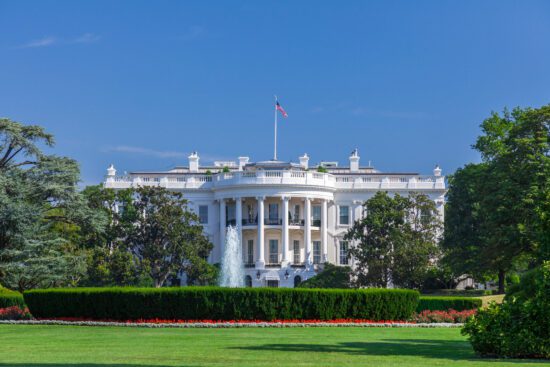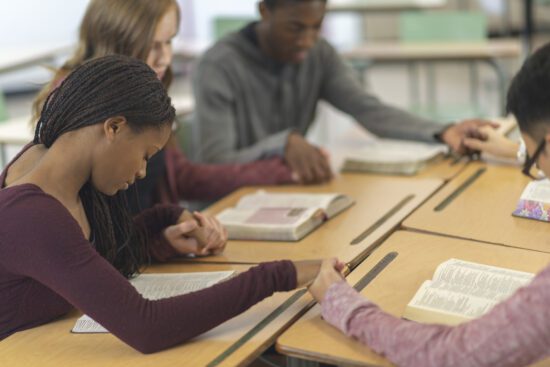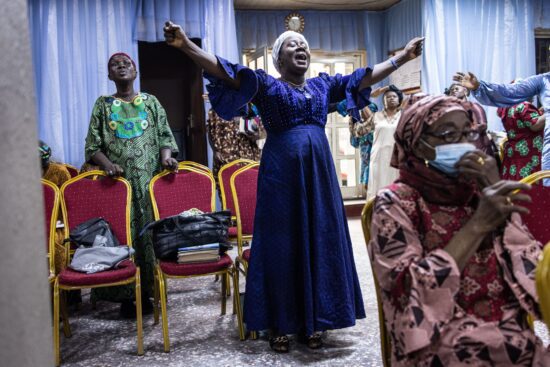Two court cases have cultivated challenges to religious liberty for organizations that receive tax exemptions: Buettner-Hartsoe v. Baltimore Lutheran High School and E.H. v. Valley Christian Academy. The courts determined in both cases that for an organization, receiving tax-exempt status is the same as receiving “federal financial assistance,” the first time this decision was reached in U.S. legal history. If these rulings are upheld, the rulings would immediately trigger the application of a number of statutes that may threaten the religious liberty of many faith-based organizations.
Placing undue requirements upon nonprofits, such as churches and faith-based organizations, both limits their effectiveness and may require them to adhere to federal law undermining their religious liberty protections. Though some of these regulations do provide religious exemptions, many faith-based organizations do not view these protections as sufficient to guard their most deeply held beliefs. Because of that, many faith-based organizations explicitly refuse to accept federal financial assistance to avoid such regulation.
The Safeguarding Charity Act seeks to clarify that receiving tax-exempt status is not considered federal financial assistance. The bill amends Title 1 of the United States Code to reverse these recent court decisions that “potentially subject tens of thousand of unsuspecting nonprofits to multiple burdensome and costly federal laws for the first time, restore the decades-long understanding of the law, and forestall a virtually unprecedented expansion of federal law.”
The ERLC continues to advocate for the Safeguarding Charity Act and represent concerns of churches and believers regarding their ability to faithfully adhere to their deeply held beliefs. We continue to pray that their work will continue to flourish in a nation with a strong history of religious liberty protections.









